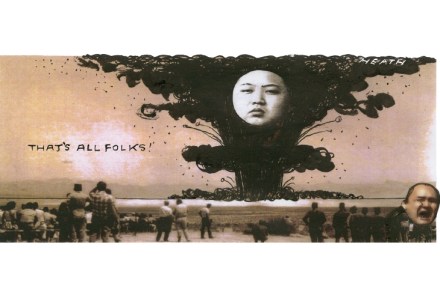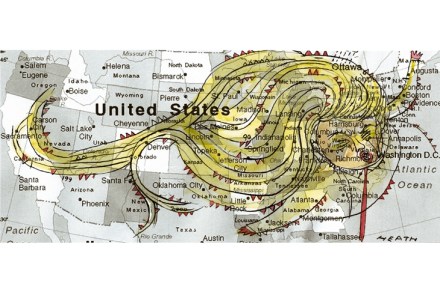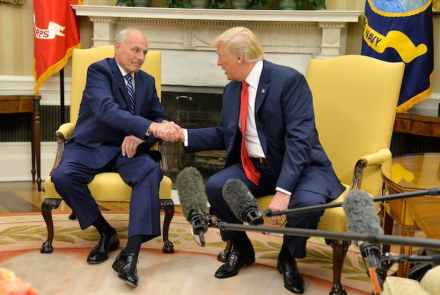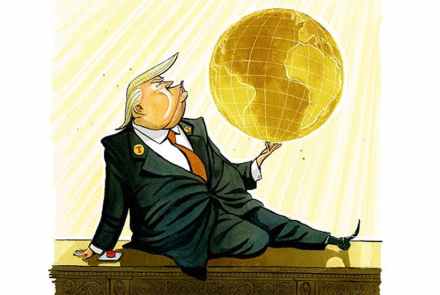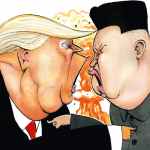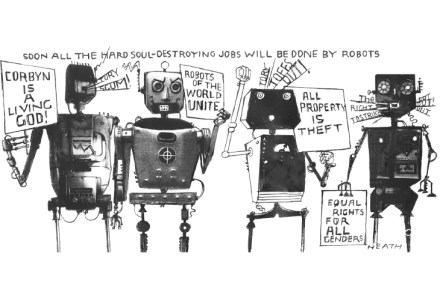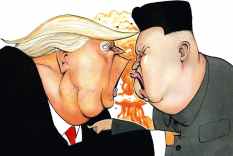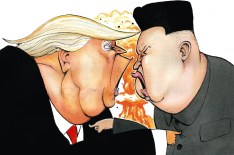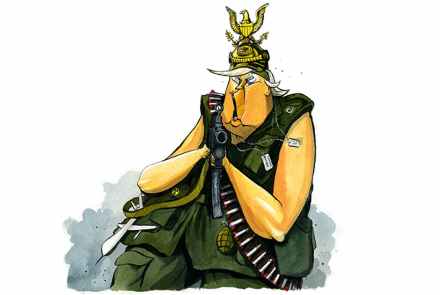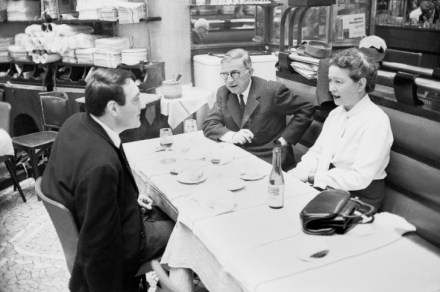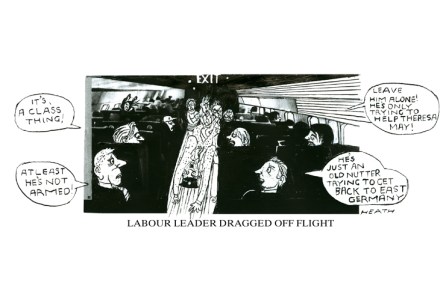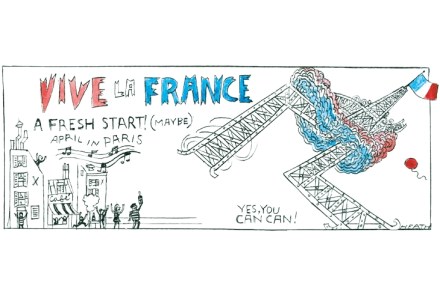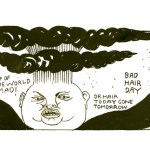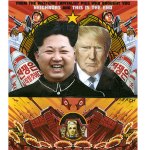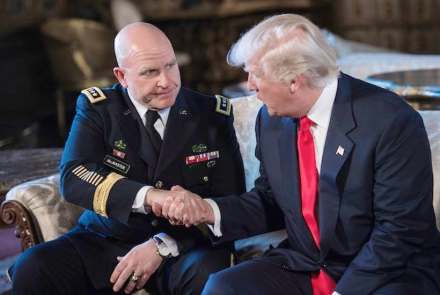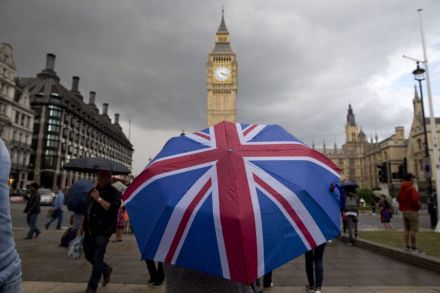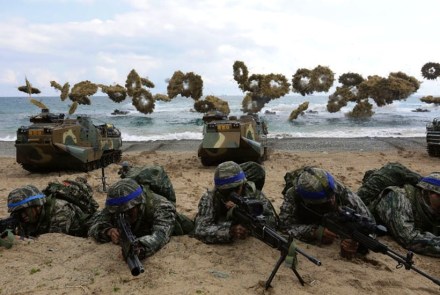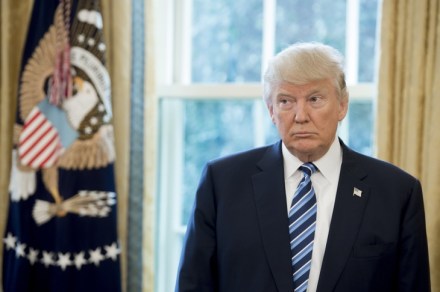Portrait of the week | 7 September 2017
Home On being asked if she meant to lead the Conservatives into the next election, due in 2022, Theresa May, the Prime Minister, said: ‘Yes. I’m in this for the long term.’ Echoing Peter Mandelson’s remark in 2001, she said: ‘I’m not a quitter.’ Research by Conservative Home found that 52 per cent of Conservative party members wanted her gone before 2022. A memo from Lynton Crosby sent in April, before Mrs May called an early election, turned up in the Mail on Sunday: ‘Clearly a lot of risk involved with holding an early election, and there is a real need to nail down the “why” for doing so now.’
